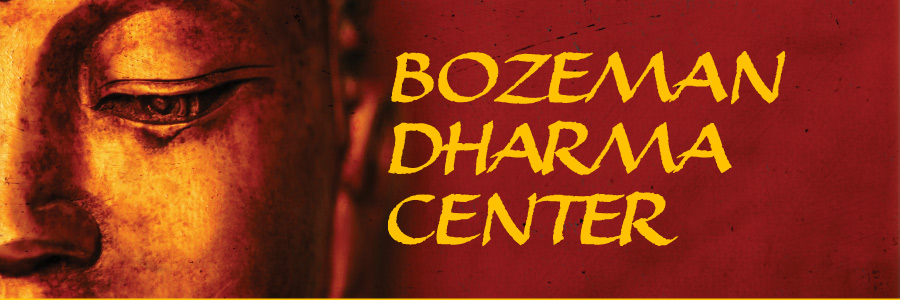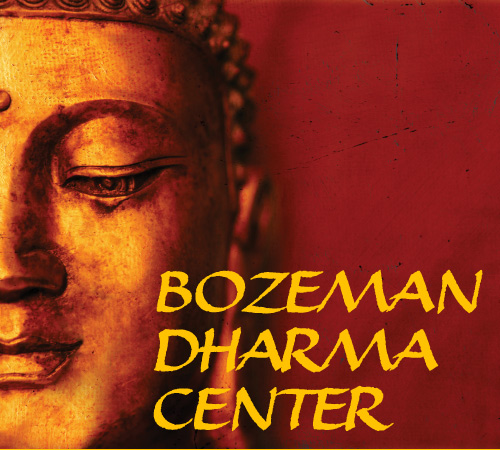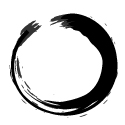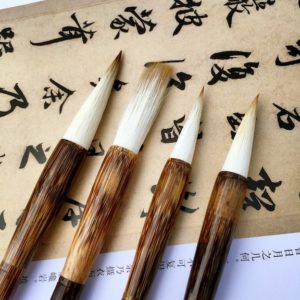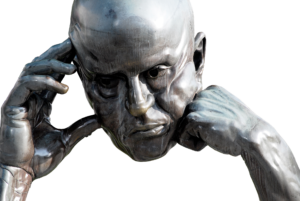
Contemplation:
“Whenever we are between here and there, whenever one thing has ended and we’re waiting for the next thing to begin, whenever we’re tempted to distract ourselves or look for an escape route, we can instead let ourselves be open, curious, tentative, vulnerable.
You can always find ways to connect with this in your everyday life. Its very simple, slow down and abruptly stop. Look out, and touch in with the present moment. Doing so breaks up the stream of concepts and mental chatter that overlay your experience. It enables you to touch in with the timelessness of the present moment”.
Pema Chodron, “Welcoming the Unwelcome”
A possible practice session for the next 3 weeks:
Reflect on your motivation and aspiration.
Relax in open awareness:
Don’t try to focus on anything in particular or control your mind.
Leave all the sense doors open, without trying to block any aspect of experience.
After a few minutes, bring your awareness to the physical sensations in your body
Rest your attention on an object in your visual field, or on whatever sense you have chosen to use as support for your meditation
You do not need to change or alter your experience, nor do you need to focus intensely or concentrate the mind.
Simply know that you are feeling/seeing/hearing.
Rest again in open awareness, not distracted and not meditating. Eyes open for the last 1-2 min.
This Dharma Thought is brought to you by Tergar Bozeman: The Joy of Living Practice Group which meets weekly on Wednesdays at 5:30 PM.

